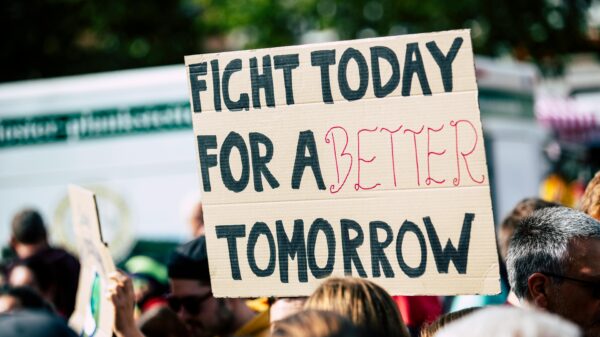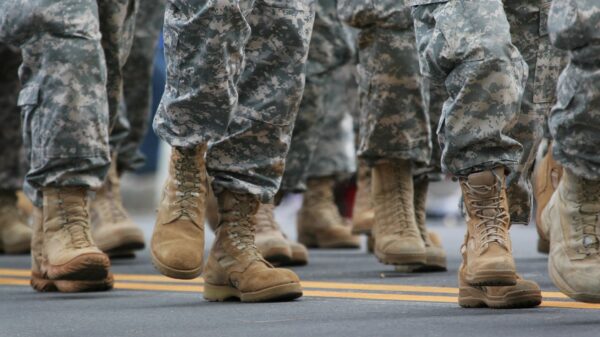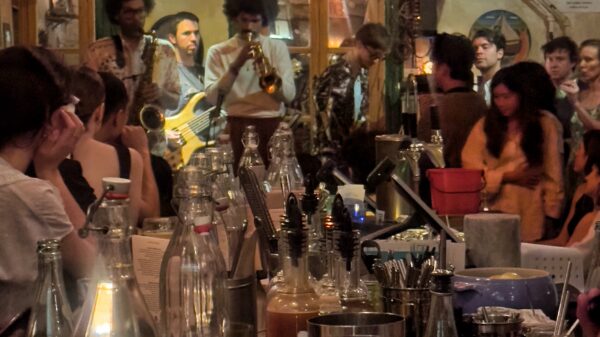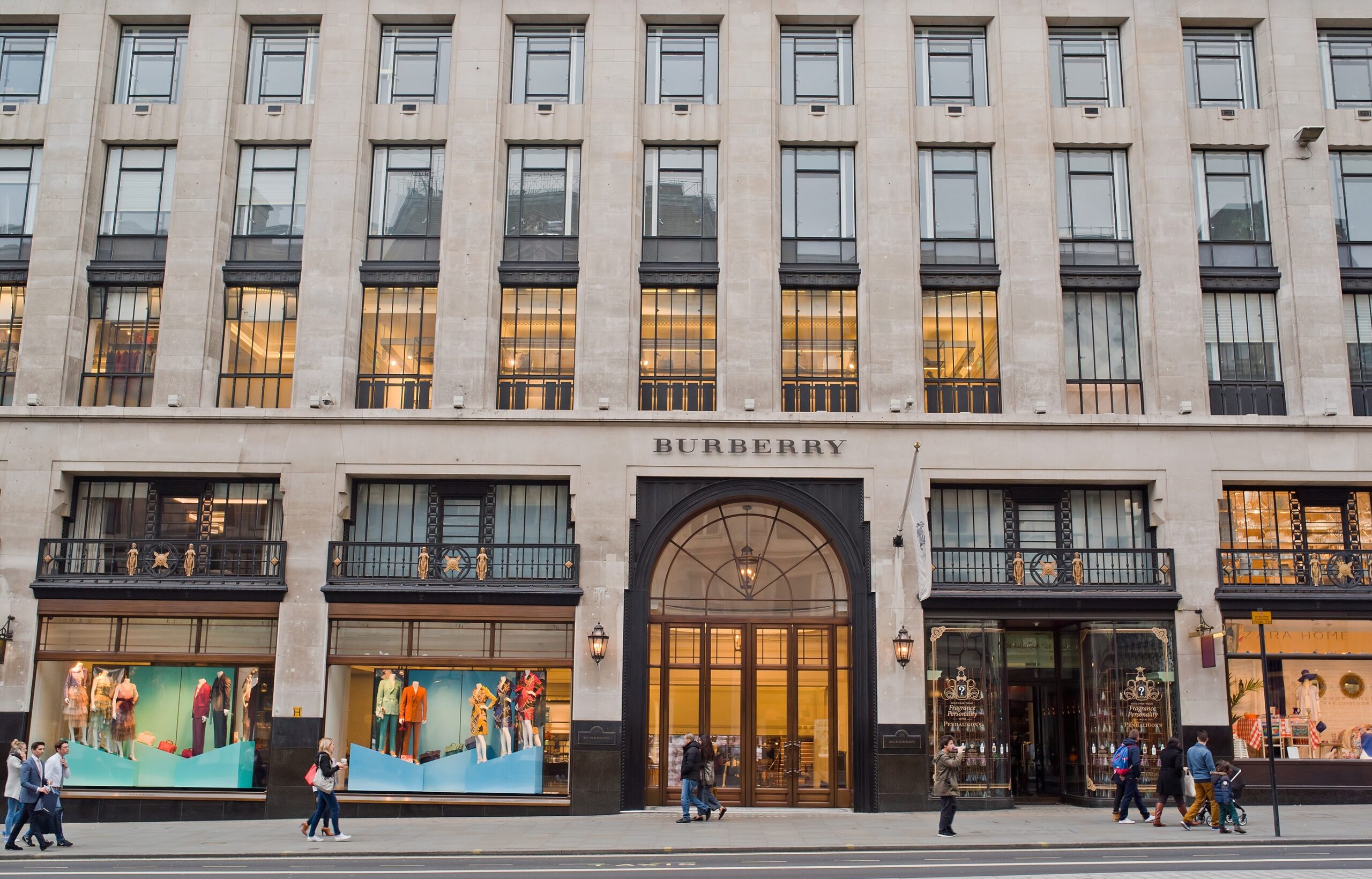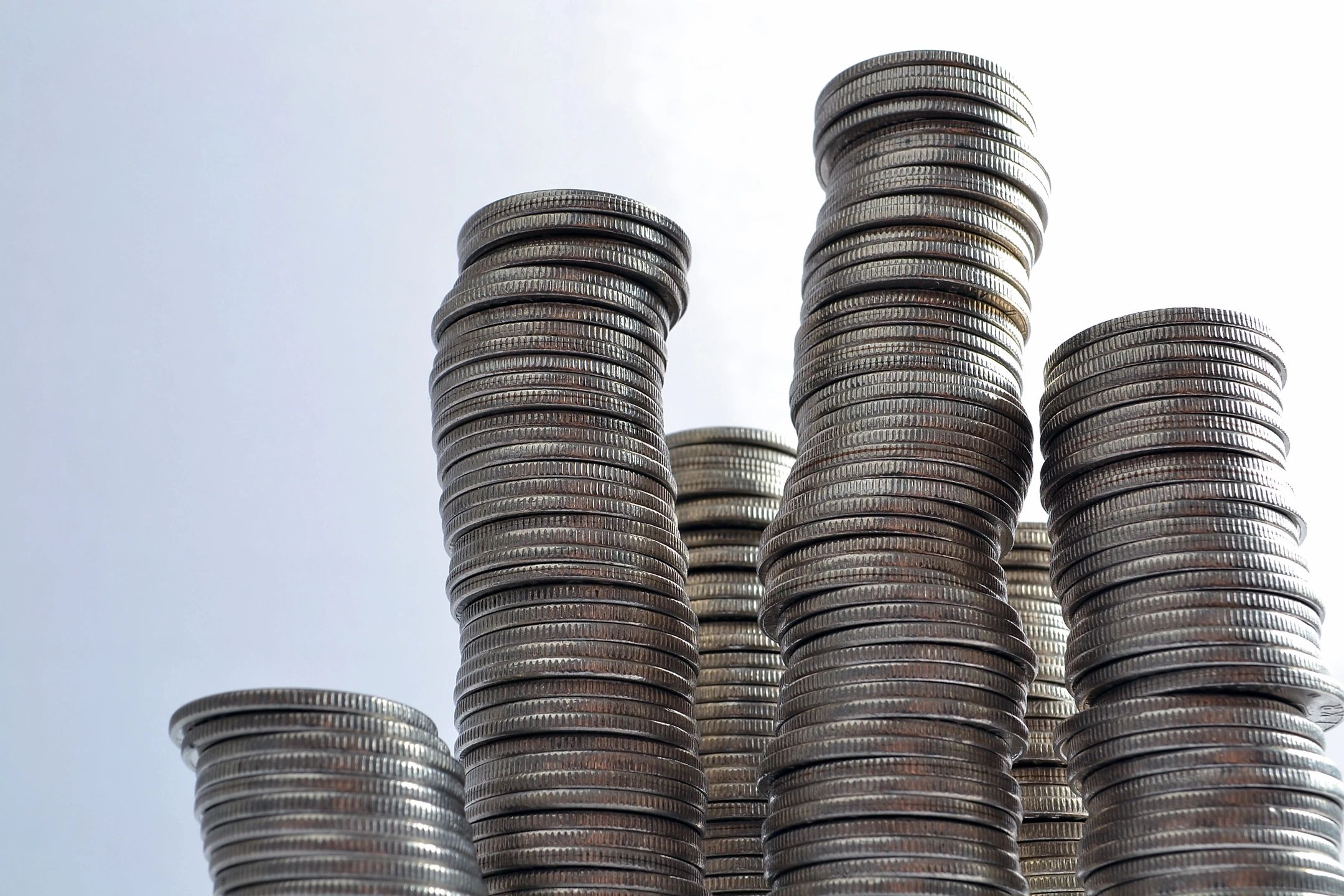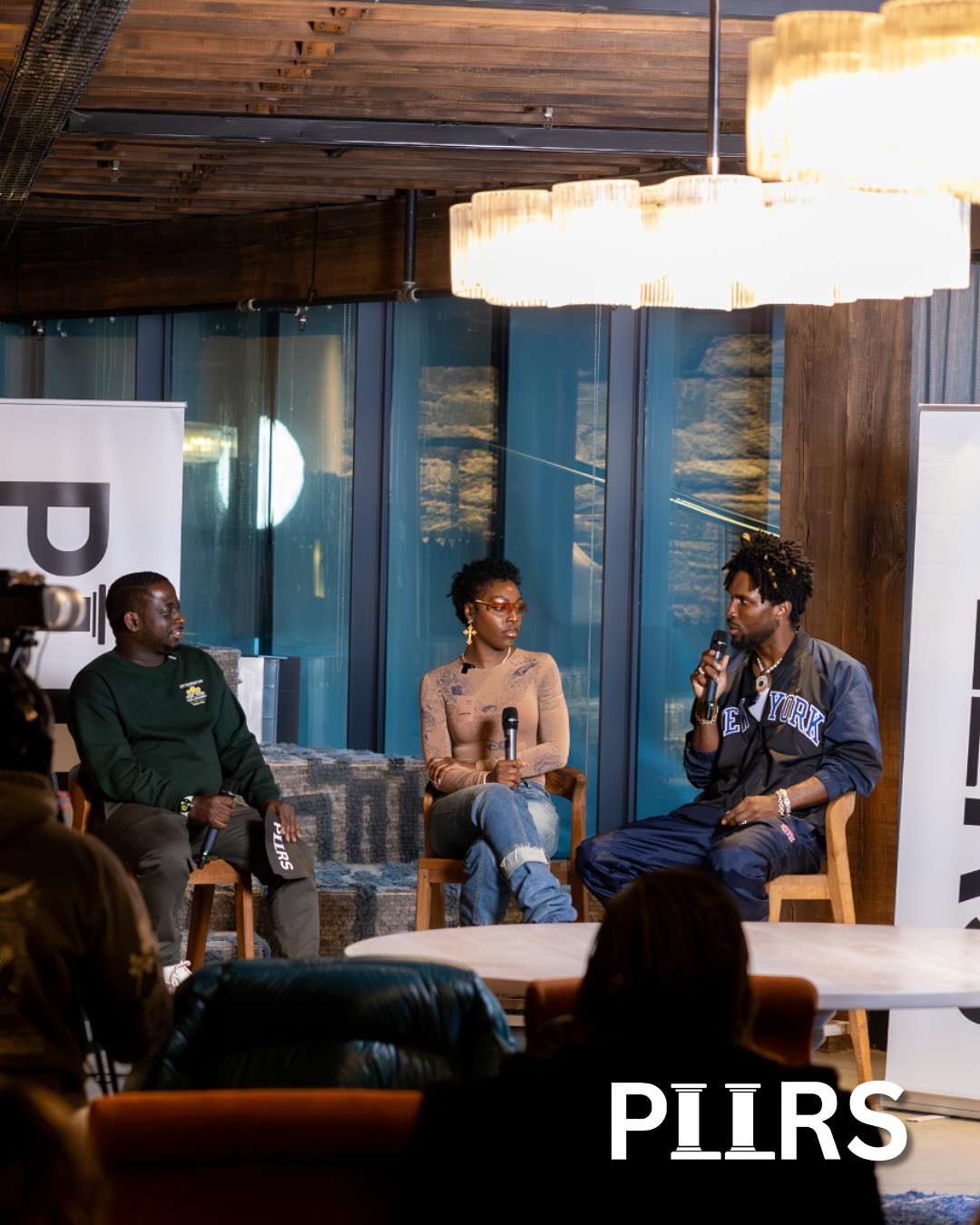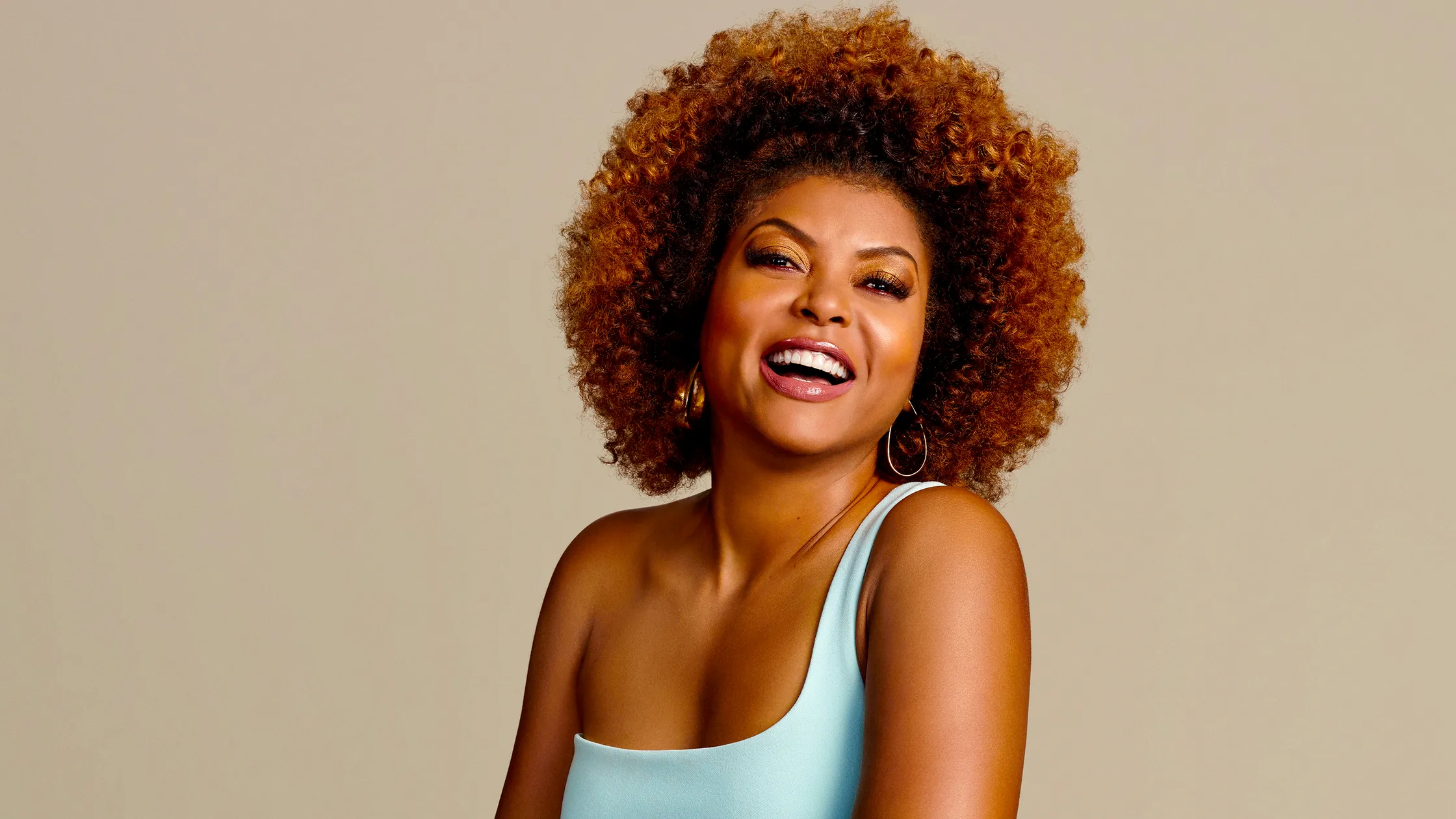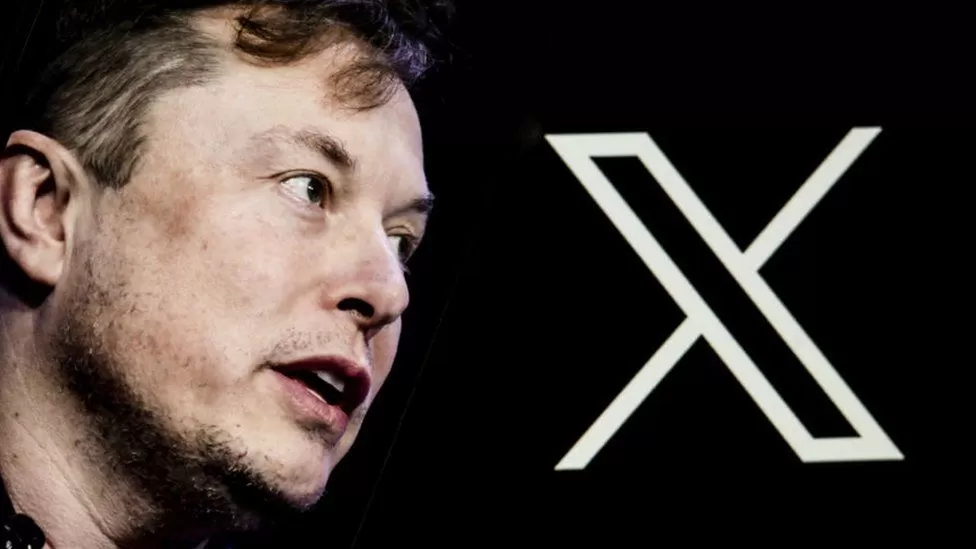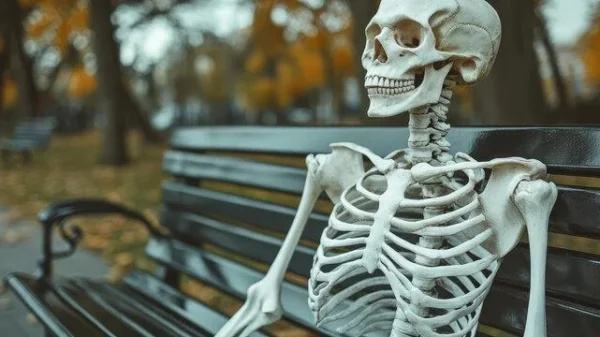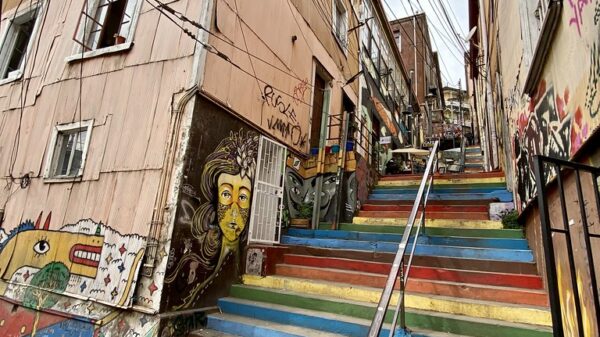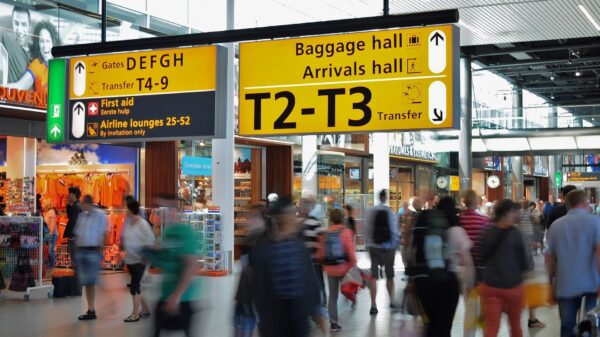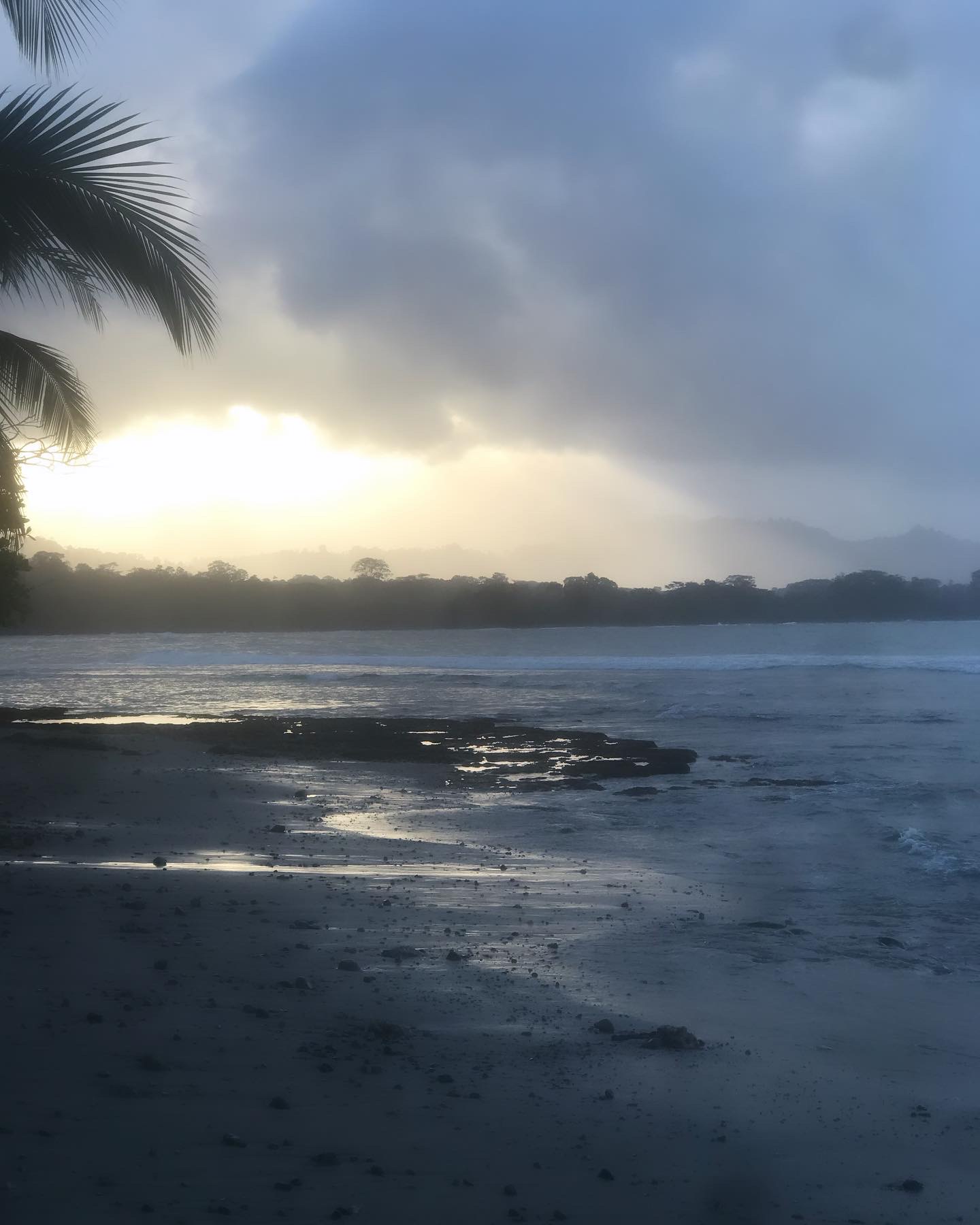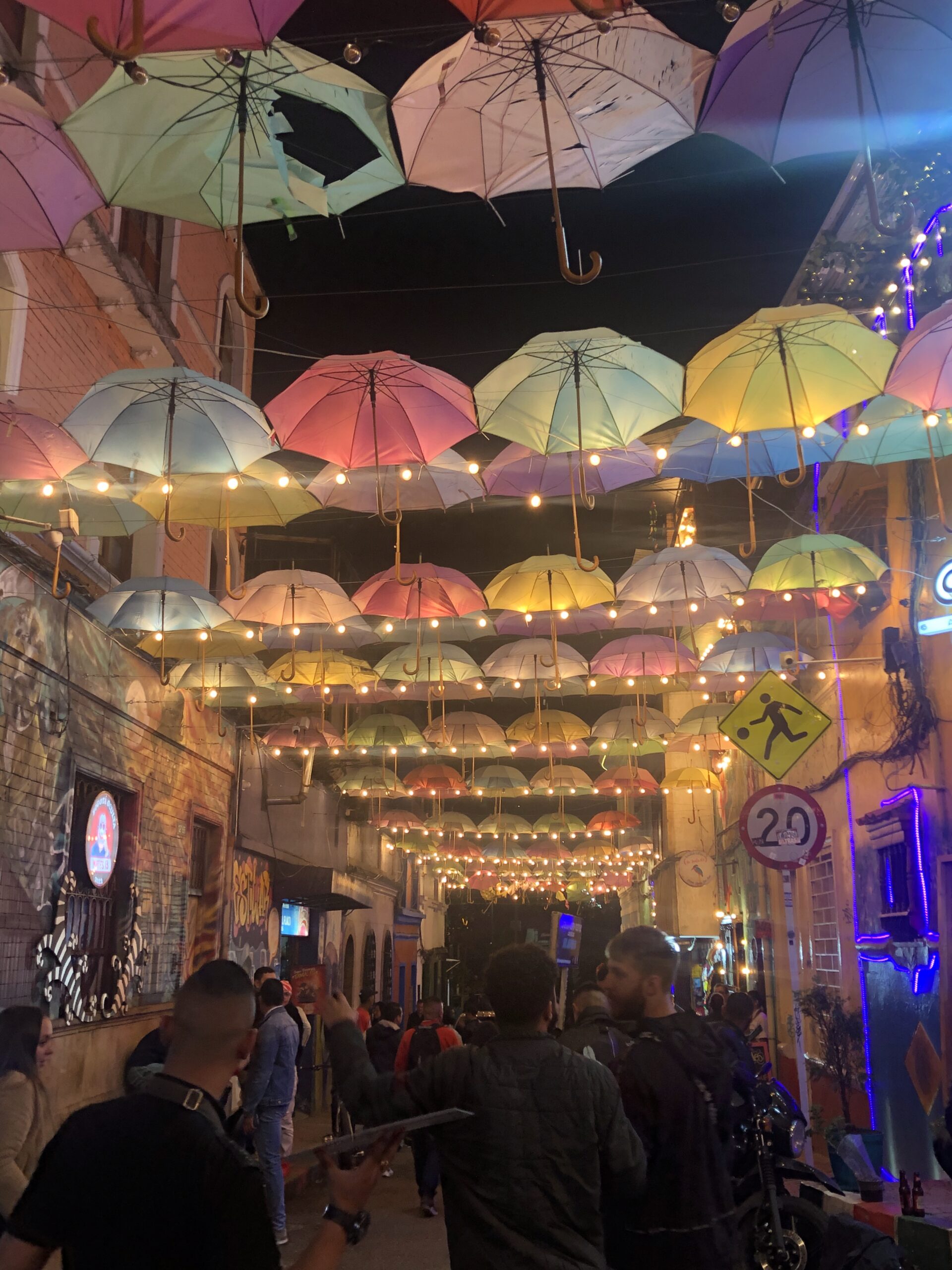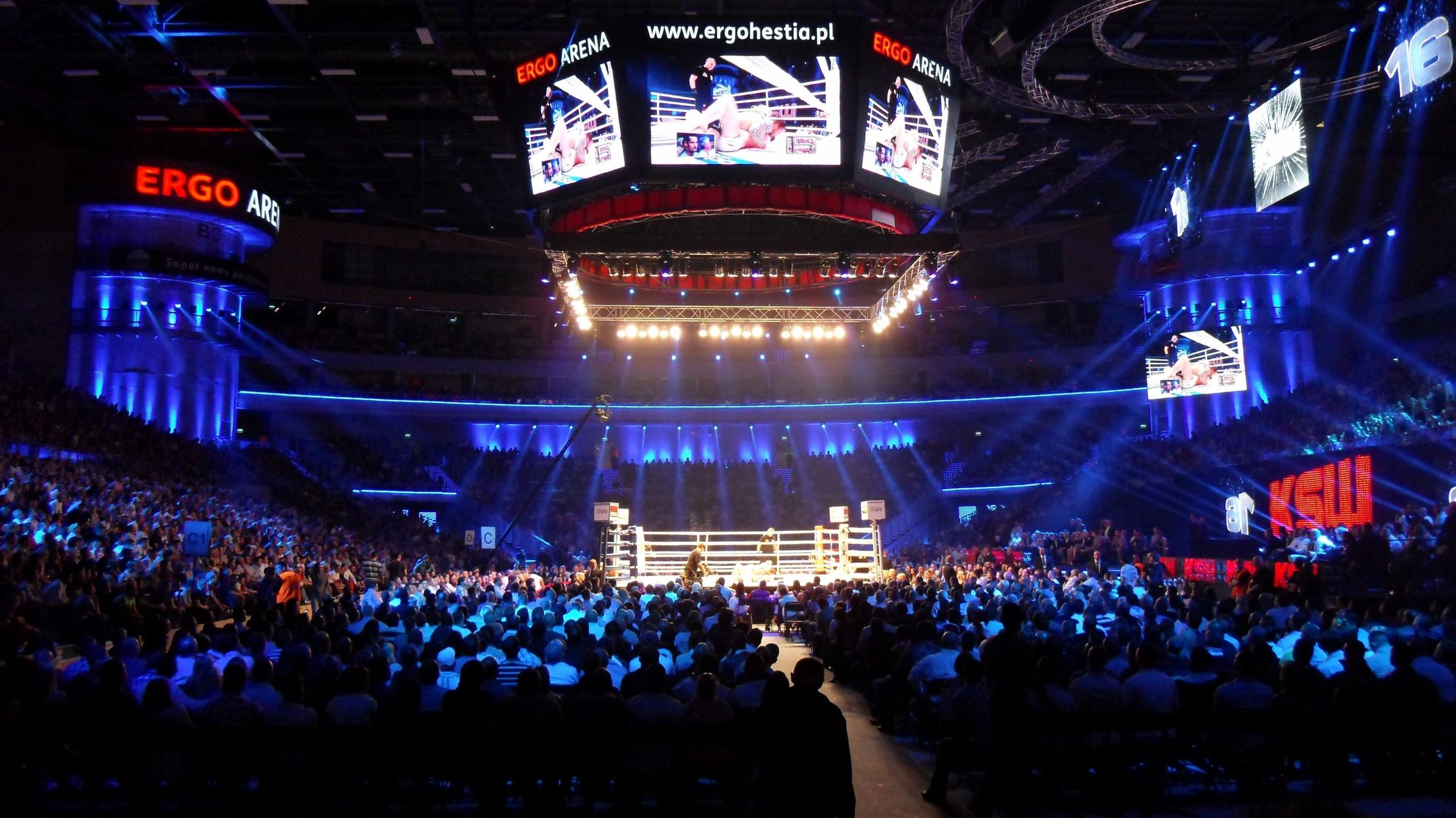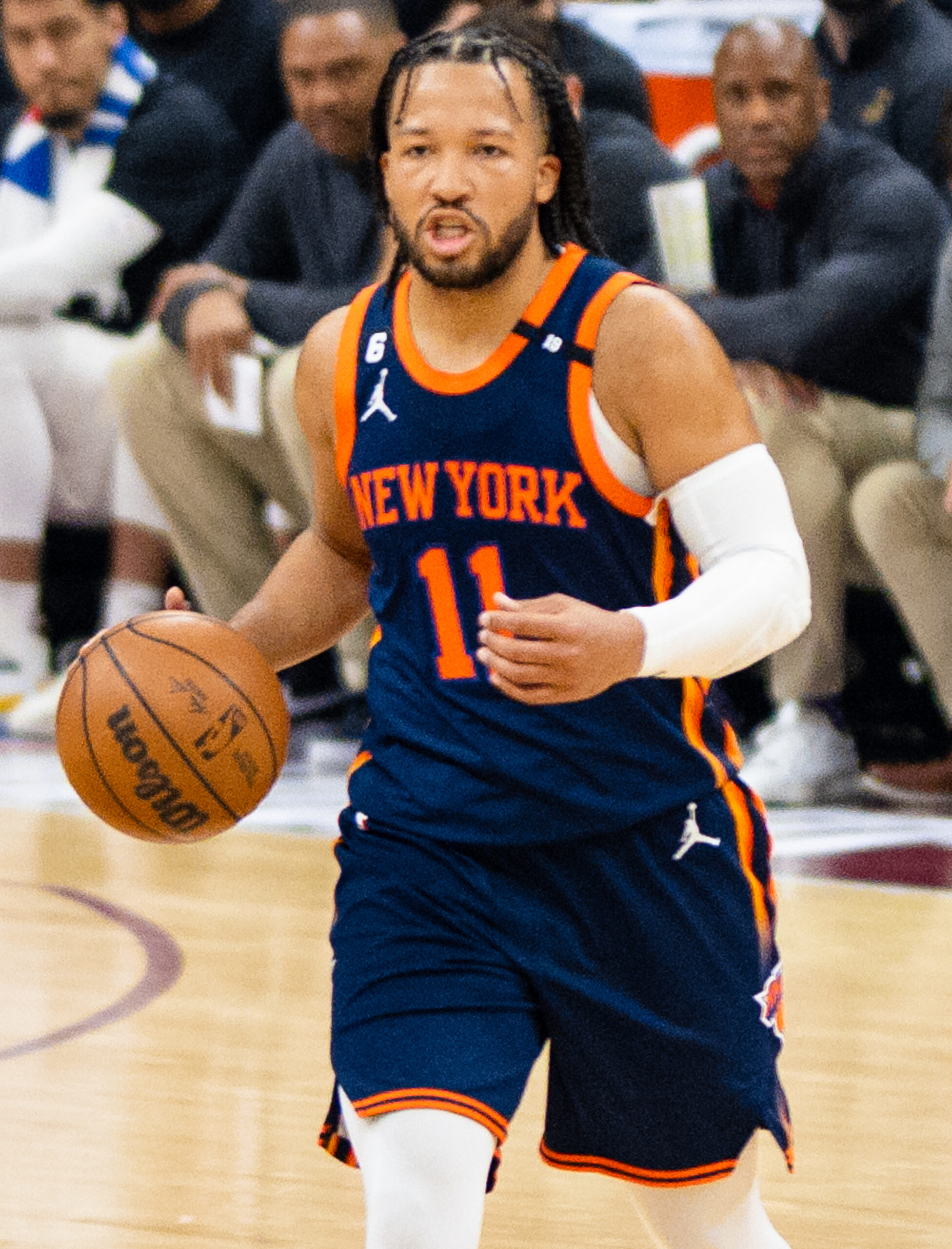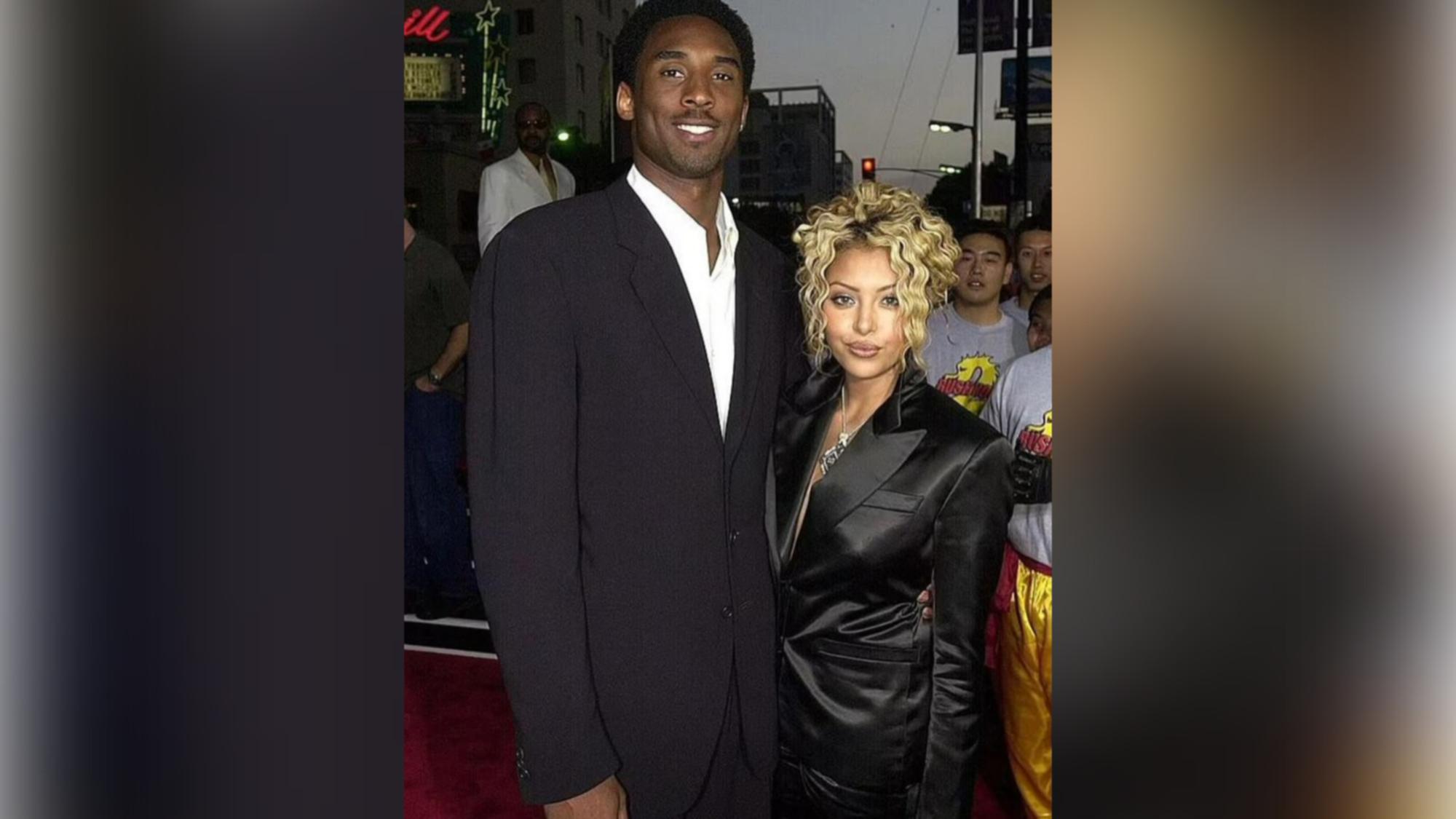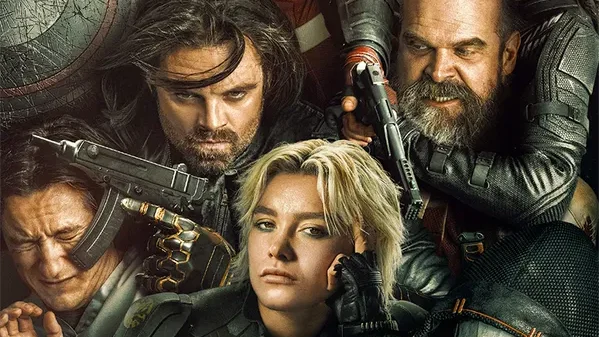When Burna Boy announced plans for a free concert in Ouagadougou, it felt like more than a show—it felt like a movement. The Nigerian megastar, known for blending music with unapologetic social commentary, hoped to perform in solidarity with the people of Burkina Faso and their revolutionary leader, President Ibrahim Traoré. But the invitation was declined.
Traoré’s administration cited national security concerns, particularly the risk of mass Burkina faso
gatherings in a country battling extremist threats. The rejection—though diplomatically framed—tapped into deeper questions about visibility, unity, and the limits of cultural diplomacy in regions facing complex crises.
On one hand, Burna Boy’s gesture embodied the spirit of pan-Africanism: music as a bridge across borders, a balm in turbulent times. On the other, Traoré’s stance reflects the grounded reality of governing a nation in flux. Burkina Faso has endured rising insecurity, with militant groups targeting civilians and infrastructure. Large public events, while symbolically powerful, pose logistical and safety challenges.
Still, many in the region saw Burna Boy’s proposed concert as a missed opportunity. In a time of fragmentation and fear, cultural icons like him have the power to reframe narratives—showing Africa not just as a site of struggle, but of strength, unity, and joy.
This moment underscores the delicate balancing act between soft power and hard politics. It also reveals how deeply intertwined art and governance can be in shaping the soul of a nation.
Burna Boy won’t take the stage in Ouagadougou—for now. But the conversation he sparked may prove just as impactful as any performance.

